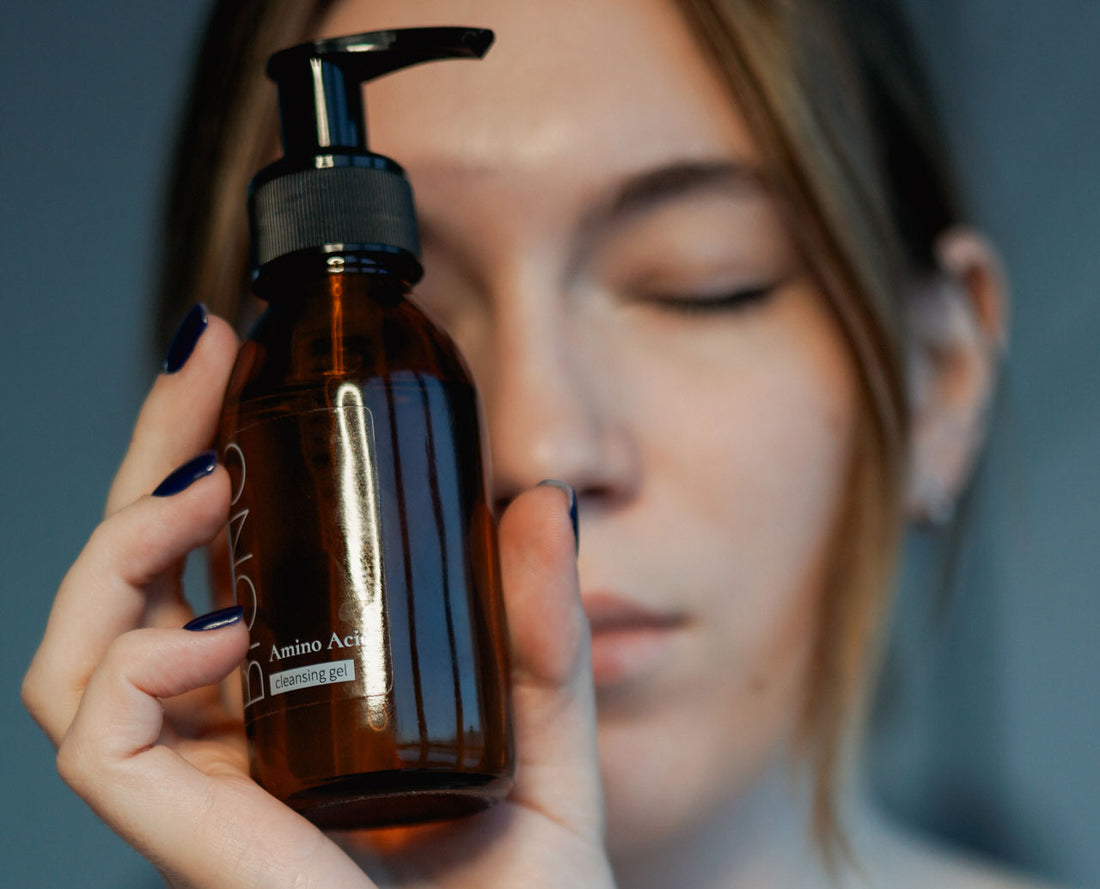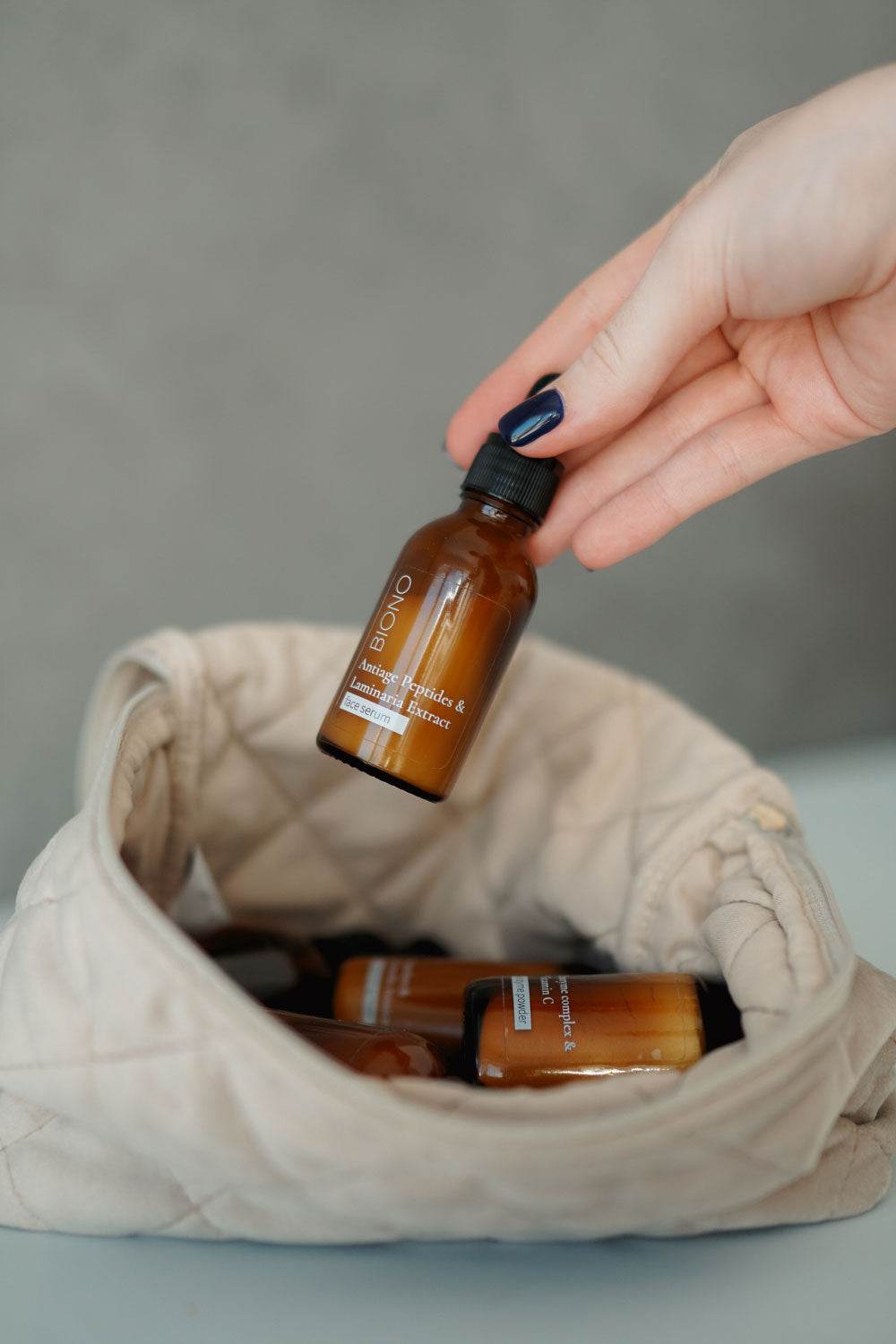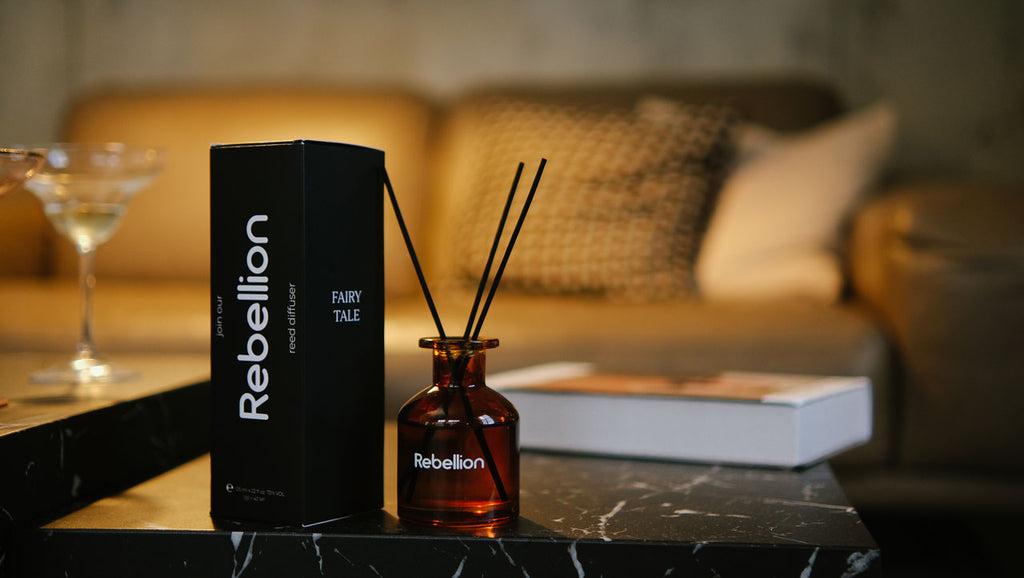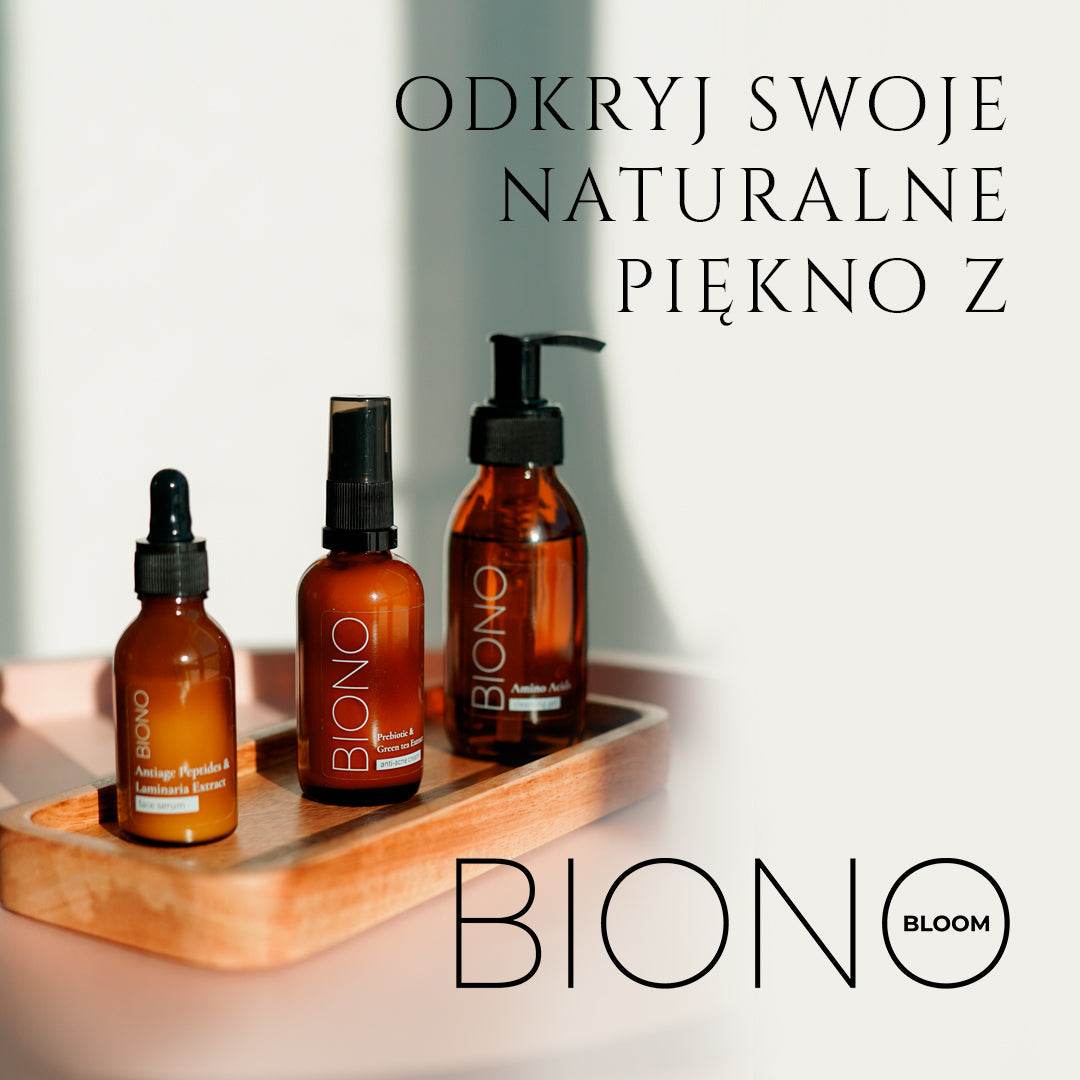
Retinoids: what are they, how do they work, and who are they suitable for?
Share
Retinoids are among the most effective ingredients in skincare. They are widely used in cosmetics to combat wrinkles, discoloration, acne, and even out skin tone. However, this active ingredient requires proper use—otherwise, instead of healthy, radiant skin, you risk irritation and dryness.
Thanks to their ability to accelerate cell renewal, retinoids stimulate collagen production, firm the skin, smooth wrinkles, and regulate sebum production. They are ideal not only for mature skin but also for those who want to improve skin condition, reduce imperfections, and give it a healthy glow.
If you want to introduce retinoids into your skincare routine, it's worth knowing which products to choose, how to use them, and who they're best for.
Retinoids – the elixir of youth for the skin
Retinoids are a group of chemical compounds derived from vitamin A that play a key role in skin regeneration. Their effectiveness is so strong that they're often called the elixir of youth. In cosmetology, they're used to combat wrinkles, discoloration, acne, and overall skin health. But what exactly are retinoids, and why are they considered among the most powerful anti-aging ingredients?
It all starts with vitamin A, which is essential for the proper functioning of skin cells. It occurs naturally in the form of retinol, which our skin must convert into its active form, retinoic acid. This substance is responsible for stimulating cell renewal, regulating sebum secretion, and improving skin texture.
Thanks to their properties, retinoids have found use in both drugstore cosmetics and dermatological preparations. Their action is so powerful that they can affect the deeper layers of the skin, making them one of the few cosmetic ingredients that can truly reverse the signs of aging. It's no wonder they are recommended by dermatologists worldwide as an effective weapon against wrinkles and imperfections.
Interestingly, retinoids not only regenerate the skin but also have a preventative effect – regular use can delay the aging process before it becomes visible. This is why dermatologists recommend incorporating them into your skincare routine after the age of 25, when natural collagen production begins to gradually decline.
Despite their remarkable properties, retinoids aren't a magic solution that works instantly. Their effects appear gradually, and skin needs time to adapt. Therefore, patient and consistent use is crucial to fully utilize their potential and enjoy healthy, radiant skin.
How do retinoids work on the skin?
Retinoids are derivatives of vitamin A that play a key role in skin regeneration. They stimulate cell renewal, support collagen and elastin synthesis, regulate sebum production, and help combat discoloration and uneven skin tone. These properties have made retinoids an essential ingredient in skincare products for problematic, mature, and dull skin.
The primary mechanism of action of retinoids is their ability to accelerate epidermal renewal. When applied to the skin, they activate the renewal of keratinocytes—the basic cells of the epidermis. This accelerates the exfoliation of dead cells and the growth of new ones, resulting in smoother skin texture, reduced wrinkles, and a reduced tendency to develop imperfections.
Additionally, retinoids affect the deeper layers of the skin, stimulating fibroblasts to increase collagen and hyaluronic acid production. This makes the skin firmer, more elastic, and more resistant to aging. Furthermore, retinoids inhibit the activity of melanocytes, responsible for melanin production, which helps reduce discoloration, even out skin tone, and give it a healthy glow.
Thanks to these properties, retinoids effectively:
- stimulate the production of collagen and elastin, improving skin firmness and tension;
- smooth wrinkles, reducing their depth and preventing premature aging of the skin;
- lighten discolorations, reducing sun spots, acne discolorations and age spots;
- cleanse pores and regulate sebum secretion, which helps fight blackheads, acne and other imperfections;
- improve the structure of the skin, making it smooth, radiant and healthy-looking;
- reduce inflammation and accelerate the healing process, which is especially important for people with problematic skin.
Retinoids work at the cellular level, making them one of the most effective ingredients used in dermatology and cosmetology. However, it's important to remember that their effects aren't immediate – the first results may only appear after several weeks or even months of regular use. Furthermore, they can cause temporary flaking, redness, and dryness, especially at the beginning of treatment. Therefore, it's crucial to gradually introduce them into your skincare routine and monitor your skin's response.
Types of retinoids: which one to choose?
Retinoids are a broad group of substances with varying degrees of activity and effects on the skin. Some are gentler and suitable even for sensitive skin, while others are more intense and require careful use. There are several main types of retinoids available on the market:
- Retinol – most commonly used in cosmetics. It has moderate activity because it must be converted to retinoic acid before acting on the skin. This makes its effects gentler and reduces the risk of irritation. Perfect for those new to retinoids and for sensitive skin.
- Retinal (retinaldehyde) – works faster than retinol and is more effective at reducing wrinkles, discoloration, and acne. However, it can cause redness and flaking.
- Retinoic acid (tretinoin, adapalene, isotretinoin) is the most potent form of retinoid, primarily used to treat acne, hyperpigmentation, and deep wrinkles. Due to its intense action, tretinoin is typically prescribed by dermatologists and used under their supervision.
- Retinol esters (retinyl palmitate, retinyl acetate) are the mildest versions of retinoids, gradually converting into their active forms in the skin. Ideal for those with sensitive skin and those new to retinoids.
Each of these types has different properties and should be selected individually to suit the skin's needs:
For beginners, the best choice will be retinol or its esters, which can be gradually introduced into skincare, increasing the concentration and frequency of use.
People with visible wrinkles, discoloration or acne-prone skin can use retinal, which works more effectively but requires better skin hydration.
For more serious problems, such as deep acne or significant signs of aging, tretinoin is the most effective solution, but its use requires special caution.
Regardless of the type of retinoid chosen, it's crucial to use a daily sunscreen with SPF 30+, as these substances increase the skin's sensitivity to UV radiation. Additionally, it's best to avoid using AHAs and BHAs together to avoid irritation.
Retinoids are a true revolution in skincare, allowing you to maintain a youthful and healthy appearance for years to come. However, their use requires a conscious approach and gradual adaptation to avoid irritation and fully enjoy their extraordinary properties.

How to use retinoids to avoid irritation?
Retinoids are among the most effective, yet also the most demanding, active ingredients in skincare. Their strong action can lead to dryness, irritation, or even flaking, especially at the beginning of use. Therefore, it's crucial to introduce them gradually and follow a few basic rules to minimize the risk of side effects:
Initially, it's worth reaching for cosmetics with a low concentration of retinoids – if this is your first experience with this ingredient, retinol at a concentration of 0.2-0.5% is the ideal choice. Stronger forms, such as retinal or tretinoin, should be introduced gradually, preferably after consulting a dermatologist.
Retinoids are best applied in the evening, as they can increase skin's sensitivity to UV radiation. Initially, using them two to three times a week is sufficient to allow your skin to gradually adapt. As your skin adapts, you can increase the frequency of application, but you should never use them daily from the start.
After applying retinoids, it is worth reaching for a rich moisturizing cream that will help eliminate any dryness and soothe irritation.
It is also worth avoiding aggressive exfoliating substances – AHA, BHA acids and vitamin C, as they can further irritate the skin and increase the risk of redness.
Sun protection is an extremely important part of skincare when using retinoids. Skin becomes more sensitive to UV radiation, so it's essential to apply sunscreen with SPF 30 or higher in the morning, even on cloudy days.
Regular use of retinoids according to these guidelines allows you to fully benefit from their properties without undesirable side effects. With proper care, skin gradually regenerates, becoming smoother, firmer, and more radiant.






